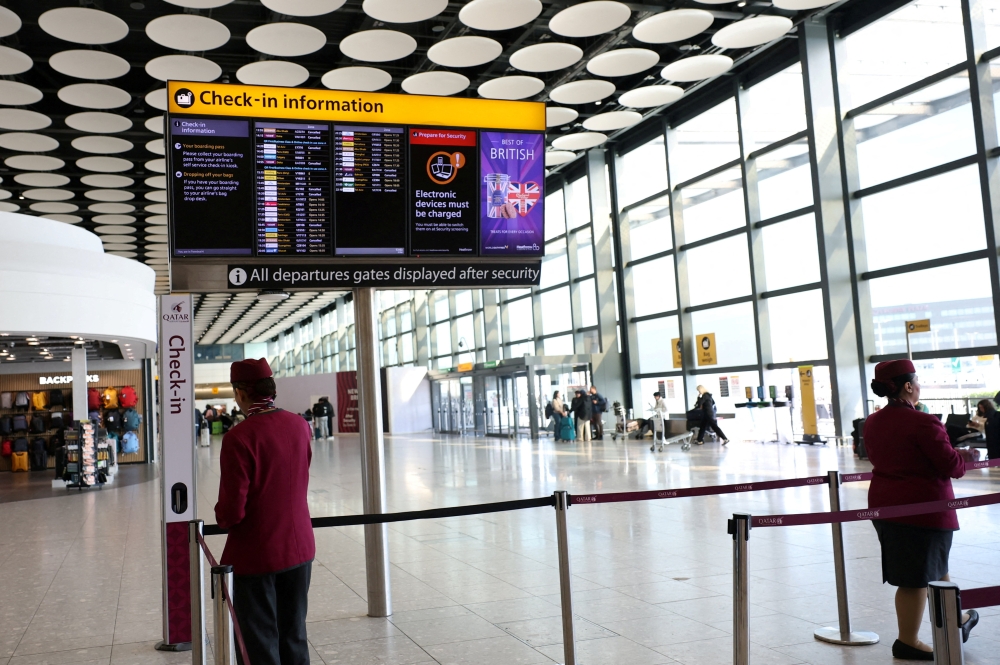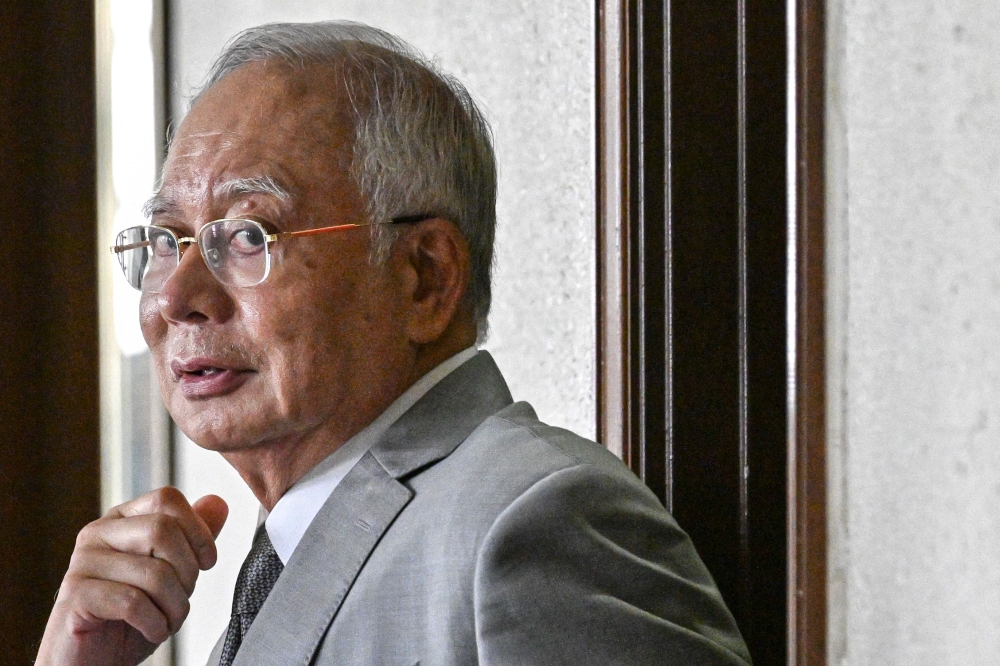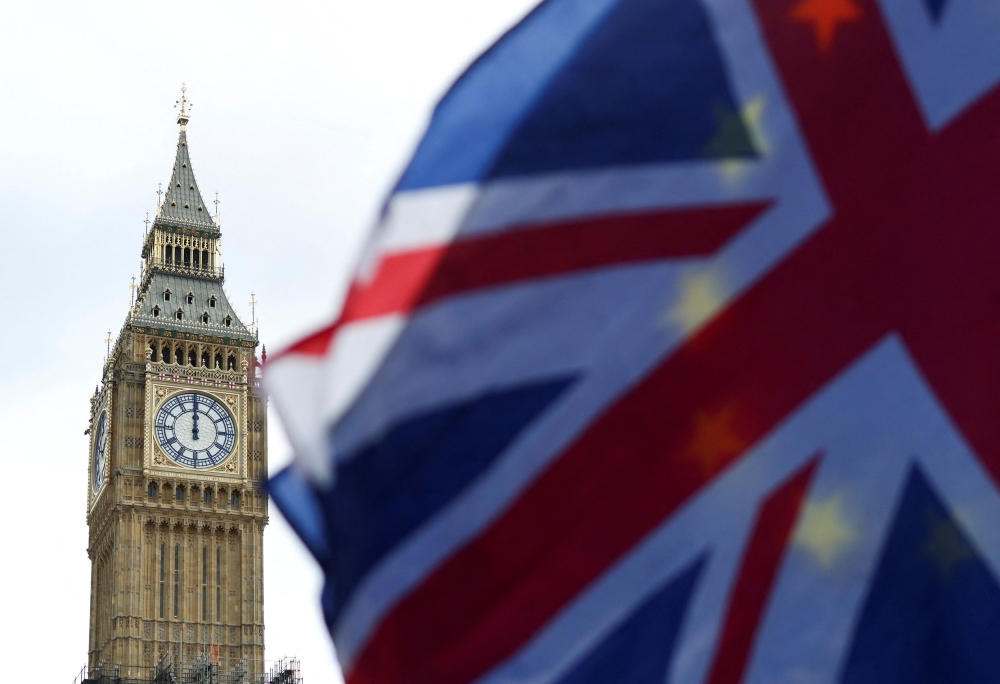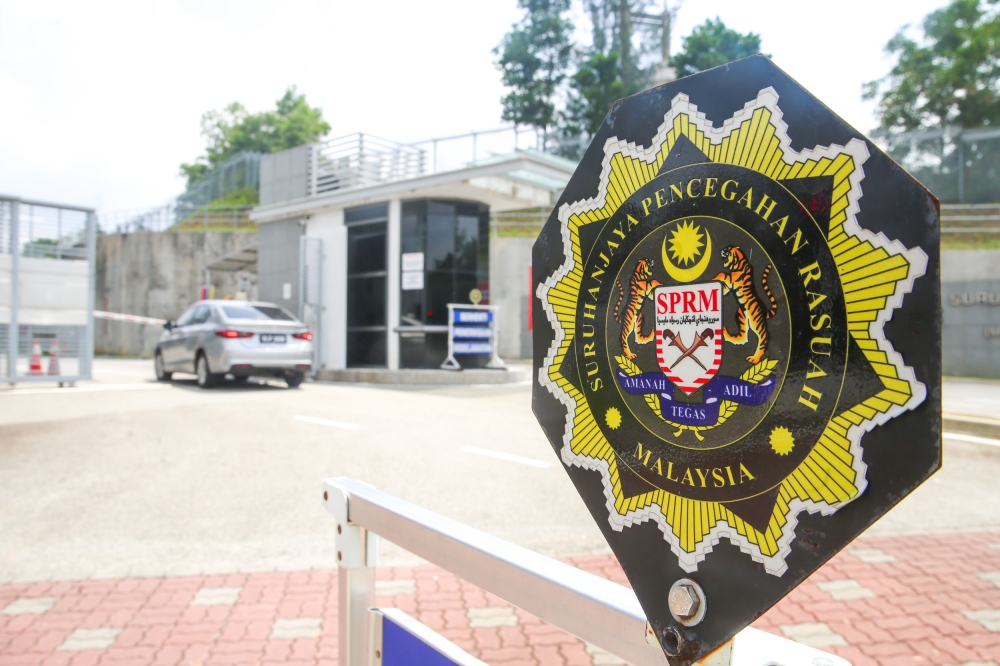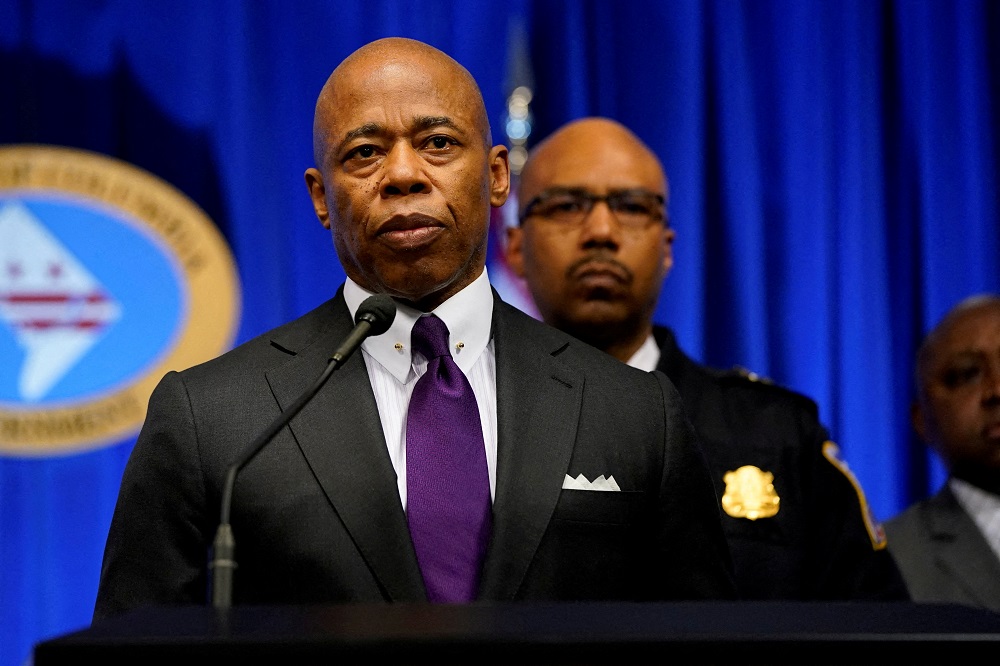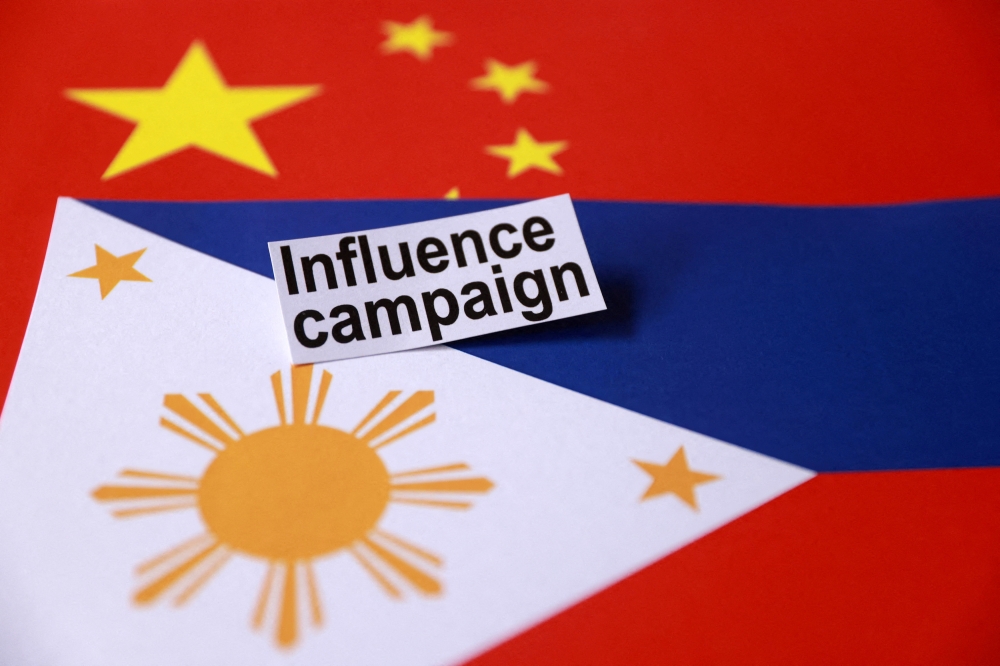NEW YORK, April 5 ― New York Mayor Eric Adams yesterday announced the launch of digital billboards across Florida denouncing that state's law that bans most classroom instruction on sexual orientation and gender identity and urging the LGBTQ community to move to New York City.
Signed by Florida Governor Ron DeSantis on March 28, the Republican-backed law takes effect in July and prohibits classroom discussion on sexual orientation or gender identity for children in kindergarten through third grade, or from about ages 5-9, in public schools.
Adams, a Democrat, called the Parental Rights in Education law ― dubbed the “Don't Say Gay” bill by opponents ― “the latest shameful, extremist culture war targeting the LGBTQ+ community.” He assured Floridians that New York City welcomed the LGBTQ+ community.
“Come to a city where you can say and be whoever you want,” Adams said in a statement.
“Today, we say to the families living in fear of this state-sponsored discrimination that you will always have a home in New York City.”
Adams made the announcement at New York's City Hall while standing beside an example of one of the billboards, which he said have been donated and will not cost taxpayers.
“People say a lot of ridiculous things in New York. 'Don't say gay' isn't one of them,” reads a black and white billboard with “Don't say gay” in the rainbow colors of the LGBTQ Pride Flag.
DeSantis press secretary Christina Pushaw said on Twitter that the law was “defending parental rights” and if those opposed leave for New York City, which she called “a crime-ridden dystopia,” that would only benefit Florida.
DeSantis and other Republican politicians across the United States say they want to give parents more control over what young children learn in school.
The outdoor digital billboards will run for eight weeks starting April 4 in Fort Lauderdale, Jacksonville, Orlando, Tampa and West Palm Beach, Adams said.
Florida parents filed a lawsuit to block the measure, saying it will have the effect of discriminating against lesbian, gay, bisexual, transgender and queer (LGBTQ) students.
They claim it not only violates students' First Amendment right to receive information and ideas, but also is unconstitutionally vague and fails to define what discussion is and is not allowed in schools. ― Reuters







